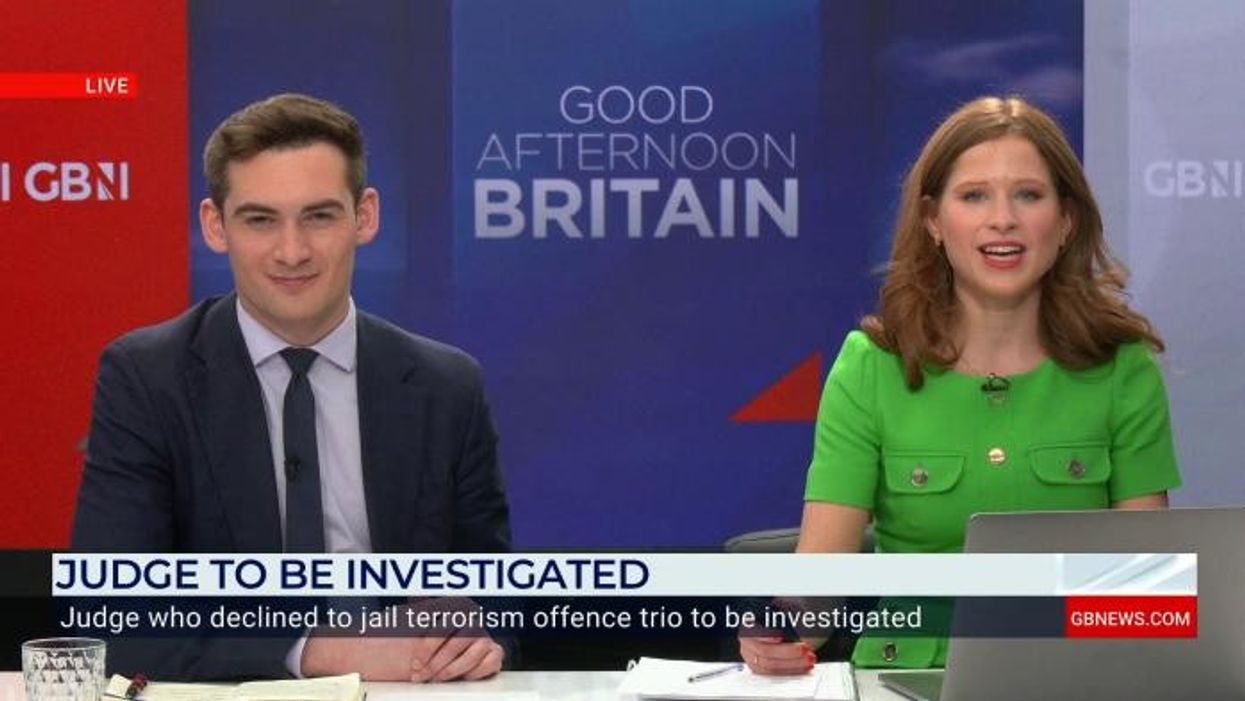Criminals from 'deprived' backgrounds to receive softer sentences from judges in 'extremely patronising' move

WATCH: UK judiciary facing calls for 'protection’ as EU judge makes ‘outrageously political’ decision
|GB News

The new recommendations have been slammed as 'patronising' and 'inaccurate'
Don't Miss
Most Read
New guidelines will see judges considering more lenient sentences for criminals from "deprived" or "difficult" backgrounds.
The Sentencing Council, the official body that makes recommendations for judges and magistrates, has released a set of "mitigating" factors relating to disadvantages which courts should take into account before passing sentence.
The advice on "difficult and/or deprived background or personal circumstance" includes factors such as poverty, low educational attainment, experience of discrimination and insecure housing.
Despite pushback from Alex Chalk, the Lord Chancellor and Justice Secretary, the Council went ahead with the changes which were enforced on Monday.
 New guidelines will see judges considering more lenient sentences for criminals from "deprived" or "difficult" backgrounds | Getty
New guidelines will see judges considering more lenient sentences for criminals from "deprived" or "difficult" backgrounds | GettyChalk slammed the new recommendations as "patronising" and "inaccurate", The Telegraph reports.
He added that the guidelines make poor education and poverty excuses to commit an offence.
The proposals have also sparked concerns that they could cause discrimination against the middle classes.
However, the Council argue that spelling out the mitigating factors will improve "transparency and fairness".
LATEST DEVELOPMENTS:
The Blue Collar Conservatives told the council: "We believe this is extremely patronising, not least to law-abiding working-class communities.
"Often it is actually those who come from the poorest communities who will be in these cases. Low educational attainment and poverty are not excuses to commit crimes."
Judges have been told to consider 12 factors of "disadvantage" when determining an individual's responsibility for a crime.
This includes early experience of offending by family members, negative influences from peers and difficulties relating to drug and alcohol use.

Despite pushback from Alex Chalk, the Lord Chancellor and Justice Secretary, the Council went ahead with the changes which were enforced on Monday
| PA"The Government is clear that many of the examples of difficulty or deprivation that have been set out in the consultation, such as low educational attainment and poverty, ought not to be relied upon as excuses to commit crimes," Chalk told The Telegraph.
"Presupposing that relatively low income for example (or indeed other deprivation) indicates a propensity to commit crime risks appearing patronising at best, or inaccurate at worst."
An MoJ spokesman said: "Sentencing decisions are made by independent judges who already take into account the circumstances of each case in line with guidelines set out by the Sentencing Council."










